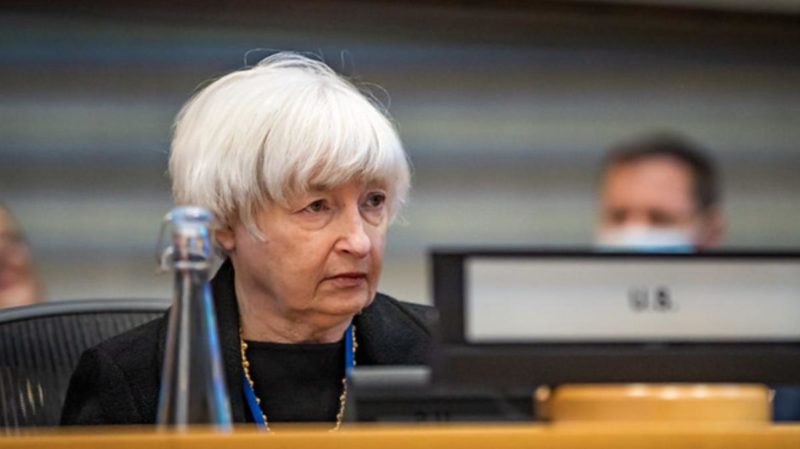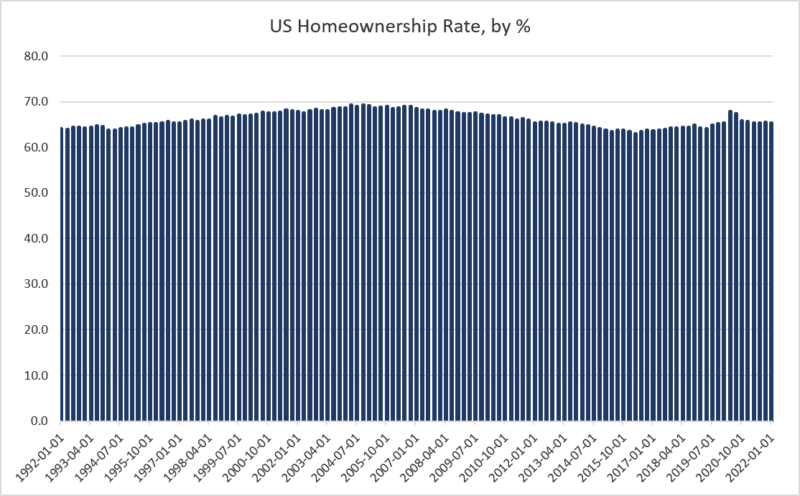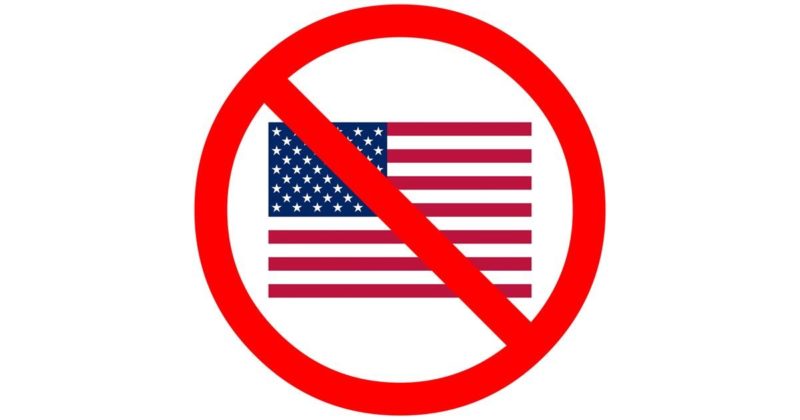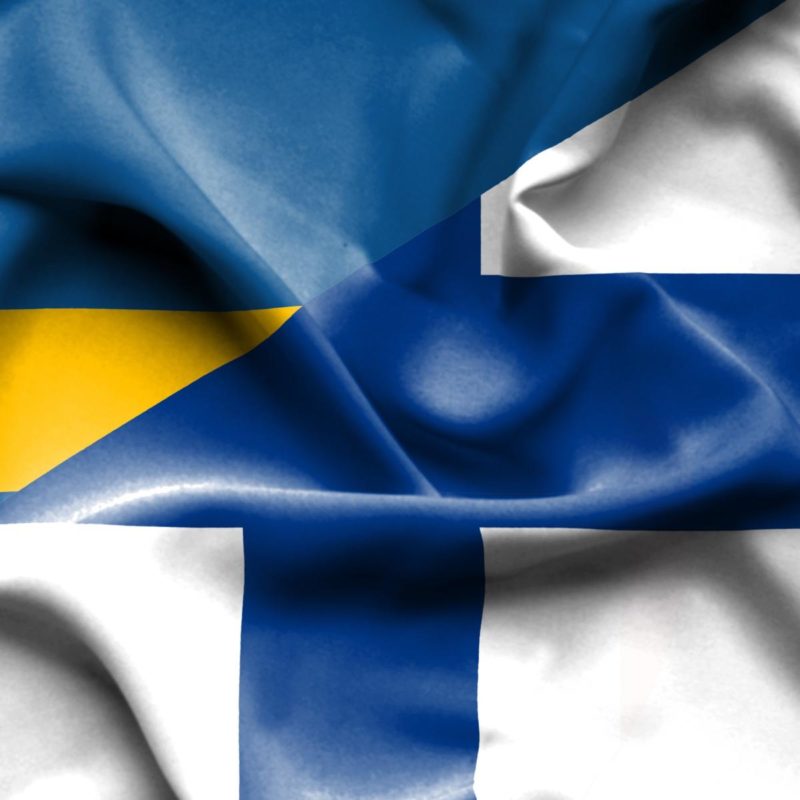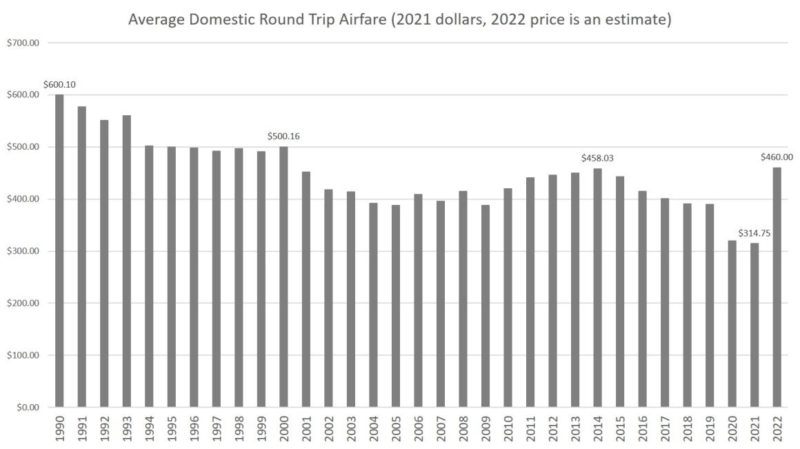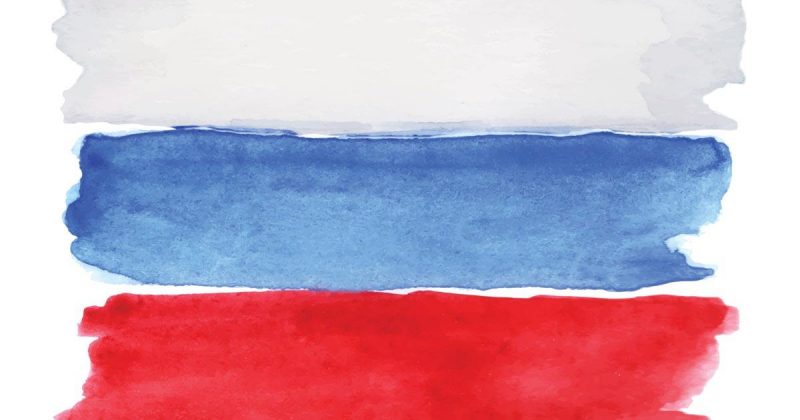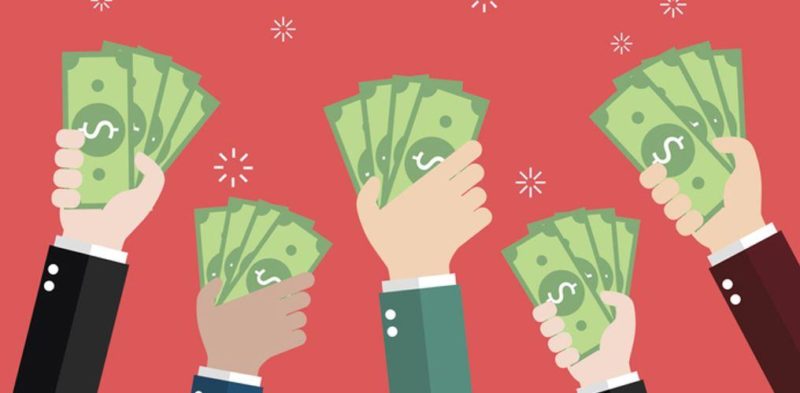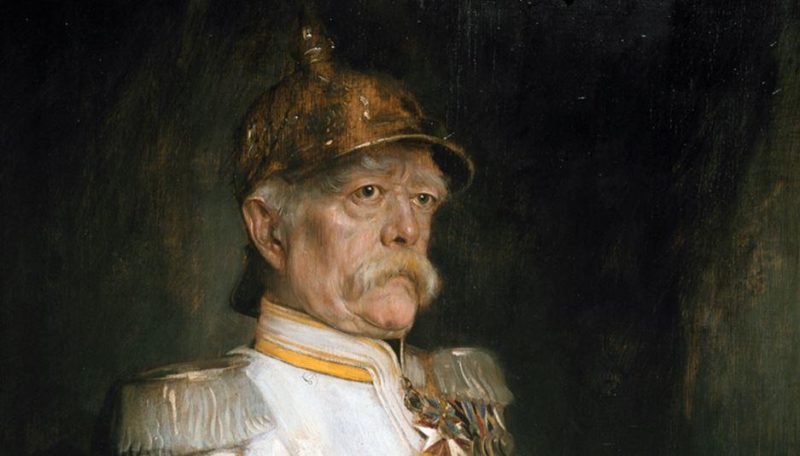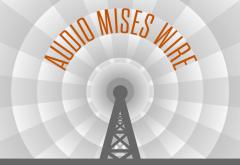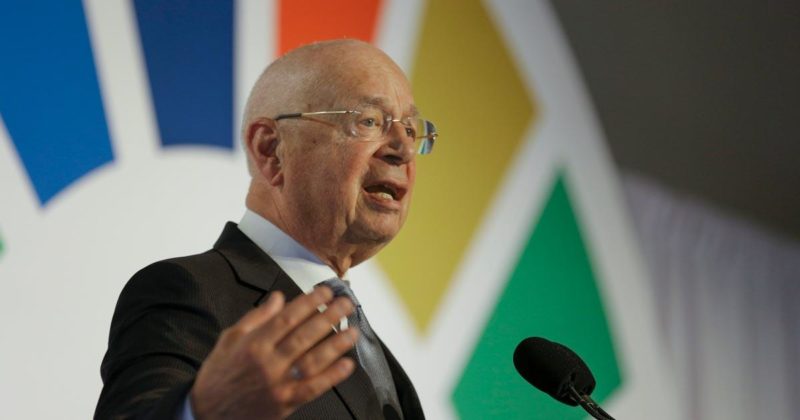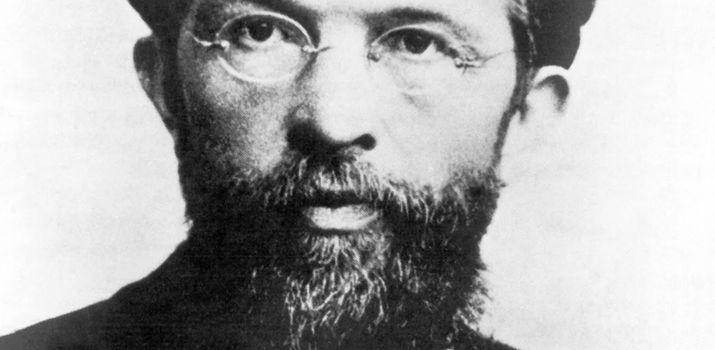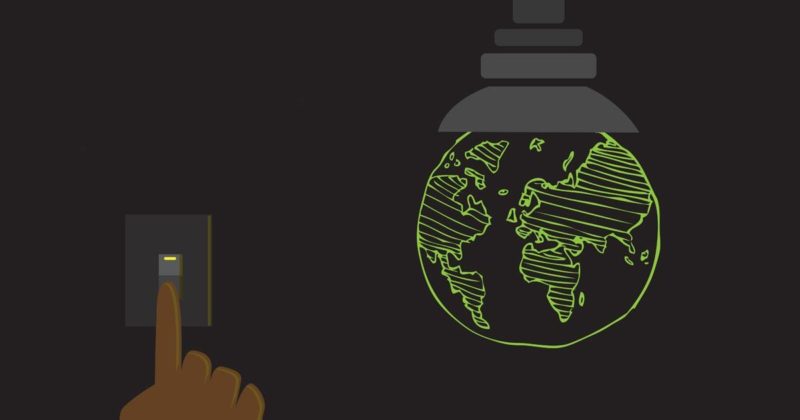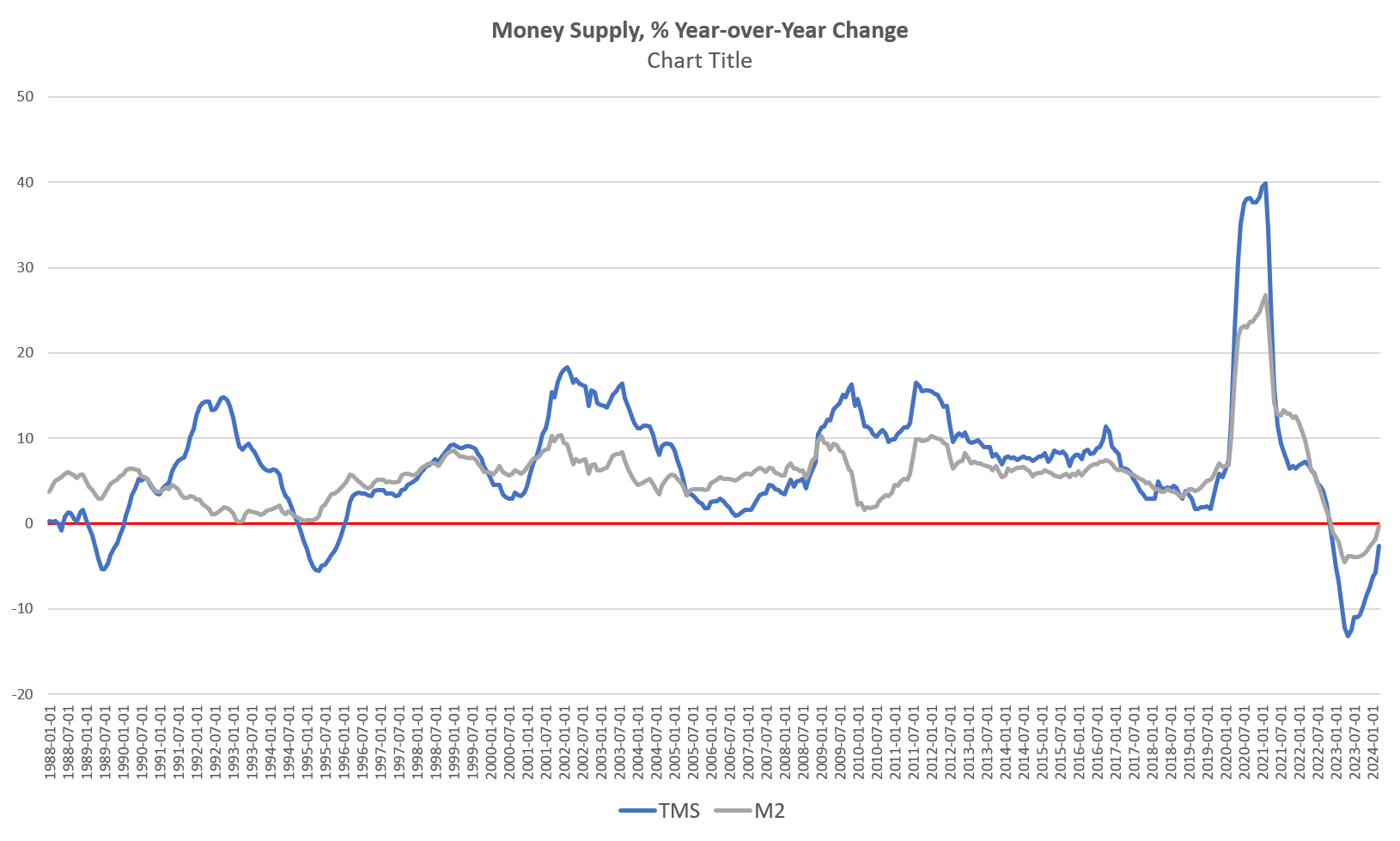Category Archive: 6b.) Mises.org
Respect the Fed? No, End the Fed
President Joe Biden has unveiled a three-part plan to fight inflation — or at least make people think he is fighting inflation. One part of the plan involves having government agencies “fix” the supply chain problems that have led to shortages of numerous products.
Read More »
Read More »
Degradation and Nationalization: The Inevitable Ways of Russian Autocratic Economic Policy
As Russian political scientist Gleb Pavlovsky has quite rightly said, one should not consider the five-thousand-plus sanctions imposed against the Russian Federation as of this writing as sanctions in the normal diplomatic and economic sense.
Read More »
Read More »
Emails between Austin St. John and Andrew Moran
Or, evidence of a cover up regarding Hollywood actor Isaac Kappy. You've all seen it now.
Go Austin!!! Sorry for the false title... but I have to "plug"... these people have killed others and they want me to kill myself. They are terrorists.
Hi, my name is Zachary McQuaid. Friends and business associates of actor Seth Green, which was unbeknownst to Isaac Kappy, falsely befriended Isaac Kappy and gained his trust after Isaac came out...
Read More »
Read More »
Are Today’s Homeownership Rates Sustainable?
There is scattered evidence that home prices are finally starting to slow down. But, if the phenomenon is system-wide, we’re still waiting to see the evidence in numbers. Last week, the most recent Case-Shiller national data, for example, showed that home prices in March rose an eye-popping 20 percent, year over year.
Read More »
Read More »
Let’s Boycott Them!
Tom Woods’ bestseller Meltdown placed the blame for the financial debacle of 2008–09 on the government’s counterfeiter, the Federal Reserve. It was the Fed’s policies that created the problems, although most economists and economic talking heads didn’t see it that way. The Fed’s loose monetary policies funded the meltdown and became the “elephant in the living room” most pundits couldn’t see.
Read More »
Read More »
Does Capitalism Make Us More Materialistic?
There was a time when the advocates of socialism argued that it would lead man to material abundance, whereas free-market capitalism would lead only to increasing misery and would ultimately collapse under its own internal stresses. You don't hear that too much these days, and for good reason.
Read More »
Read More »
Finland and Sweden in NATO: Disregarding the Benefits of Neutrality
Finland and Sweden’s recent decision to apply for North Atlantic Treaty Organization membership is a major win for the military alliance, but a far more dubious one for these two countries. NATO badly needs a success at this moment, since neither the economic war on Russia nor the conflict in Ukraine seems to be going the West’s way.
Read More »
Read More »
Greenspan Would Be Proud: A Lesson in Fed Speak
It has become a familiar sight over the past decade and a half: a supposedly venerable member of the financial elite tells us with utmost calm that what we think we are seeing isn’t really all that bad. The Fed already knows all about it and has already taken all necessary steps. Further, they are monitoring the situation closely and are ready to make any necessary adjustments with ease and alacrity.
Read More »
Read More »
Debt-Fueled Demand and Oil Price Inflation Brings Airfares Roaring Back
If you’ve purchased any airline tickets lately, you’ve probably noticed that prices are up. It’s quite a reversal from the days of covid lockdowns, when airline tickets could be had for half the price of 2019 fares. Or even lower, in many cases.
Read More »
Read More »
Bastiat Predicted the Baby Formula Crisis 170 Years before It Happened
The current baby formula shortage in the United States is a pressing crisis, and many in the media have been rushing to explain how such a thing could have happened. But on close analysis, it appears to share the same root as virtually every other crisis experienced in the modern world: a government promised benefits without costs.
Read More »
Read More »
Why Russia’s Authoritarian Regime Continues to Enjoy Public Support
One of my areas of research in institutional economics is the social behavior of people under different political regimes, what Thomas Schelling called micromotives and macrobehavior. Of course, this topic is directly related to many disciplines, from behavioral economics and political theory to the neurobiology of decision-making and the theory of biological markets.
Read More »
Read More »
Don’t Be Fooled: The World’s Central Bankers Still Love Inflation
The Bank of Canada on Wednesday increased its policy interest rate (known as the overnight target rate) from 1.0 percent to 1.5 percent. This was the second fifty–basis point increase since April and is the third target rate increase since March of this year. Canada's target rate had been flat at 0.25 percent for twenty-three months following the bank's slashing of the target rate beginning in March 2020.
Read More »
Read More »
Does an Increase in Demand Cause Economic Growth? How Keynesians Reverse the Roles of Demand and Supply
The ideas of economists and political philosophers, both when they are right and when they are wrong, are more powerful than is commonly understood. Indeed, the world is ruled by little else. Practical men, who believe themselves to be quite exempt from any intellectual influence, are usually the slaves of some defunct economist.
Read More »
Read More »
The German Rejection of Classical Economics
The hostility that the teachings of Classical economic theory encountered on the European continent was primarily caused by political prepossessions. Political economy as developed by several generations of English thinkers, brilliantly expounded by Hume and Adam Smith and perfected by Ricardo, was the most exquisite outcome of the philosophy of the Enlightenment.
Read More »
Read More »
It’s Not Just the USA: The Economic Instability Is Global
The combination of covid lockdowns, money pumping, and attempts to force a new green economy are taking their toll. This is not going away any time soon.
Read More »
Read More »
Davos Man Is at It Again: The 2022 Annual Meeting of the World Economic Forum
The annual meeting of the World Economic Forum (WEF) in Davos is perhaps the world’s most unpopular conference, and the WEF’s founder and chairman, Klaus Schwab, one of the world’s most despised figures.
Read More »
Read More »
Carl Menger and the Austrian School of Economics
What is known as the Austrian School of Economics started in 1871 when Carl Menger published a slender volume under the title Grundsätze der Volkswirtschaftslehre.
Read More »
Read More »
Inflation, War, and Oil: How Today’s Crises Are Rehashing the 1970s
Persistently loose monetary policies always have negative growth and distributional effects that impair political stability. In extreme cases, there are civil wars and armed conflicts between countries.
Read More »
Read More »
The Backstory of the Great Reset, or How to Destroy Classical Liberalism
As should be clear by now, Francis Fukuyama’s declaration in The End of History: The Last Man (1992) that we had arrived at “the end of history” did not mean that classical liberalism, or laissez-faire economics, had emerged victorious over communism and fascism, or that the final ideological hegemony signaled the end of socialism.
Read More »
Read More »









